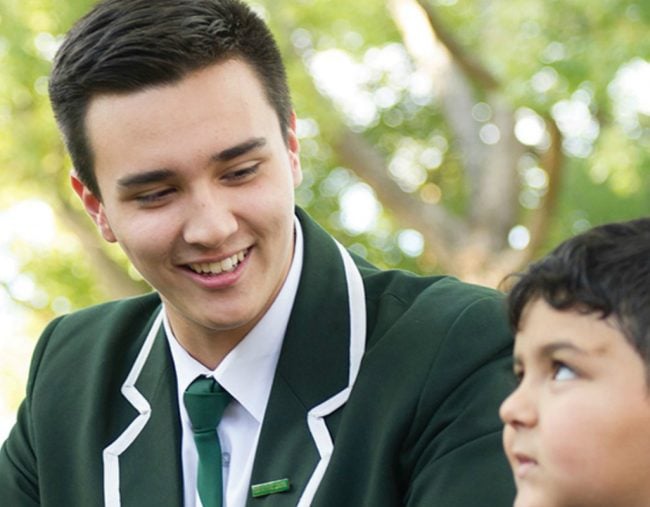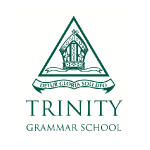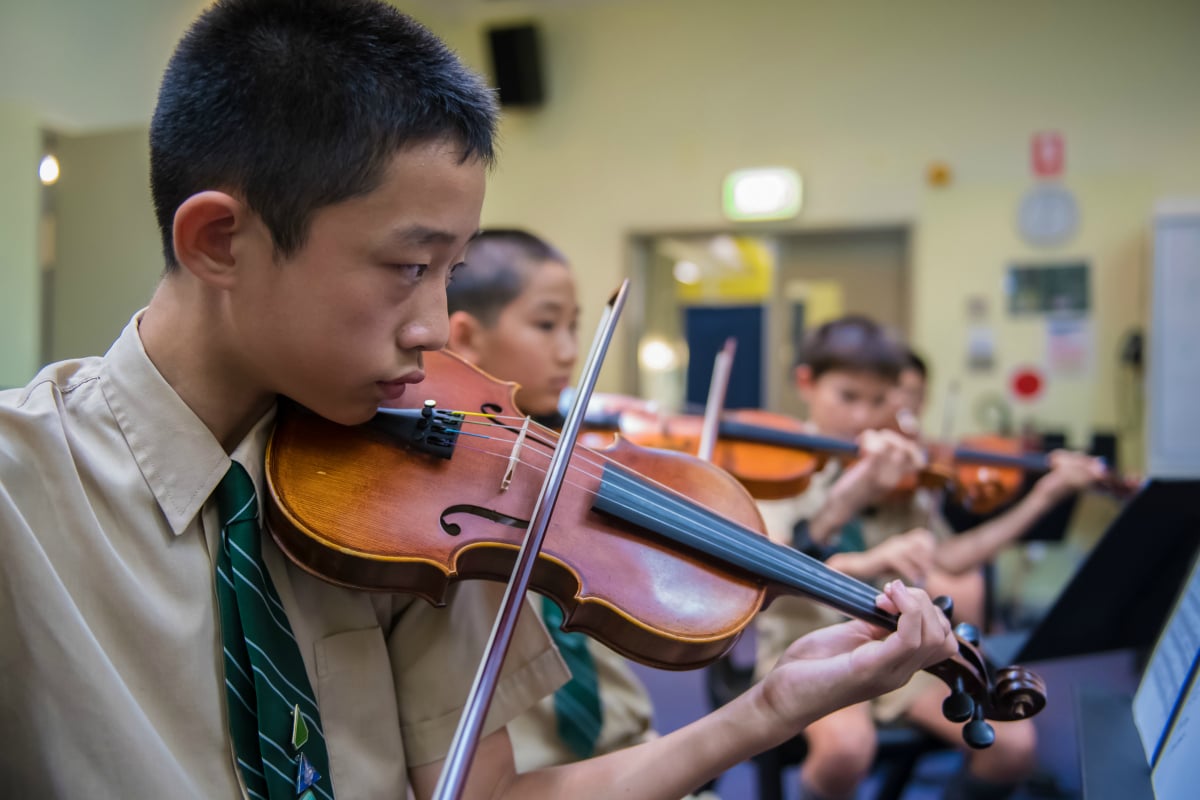

My firstborn is off to school next year and my type-A personality has had me investigating all the curriculums on offer to give him the best chance of growing into a happy and well-adjusted adult.
With our world more interconnected that ever, I was pleased to find that there are options for parents who want their kids’ education to have a more global focus. And one acronym that keeps cropping up is ‘IB’.
The International Baccalaureate (IB) Diploma is a global alternative to state curriculums like the Higher School Certificate (HSC). Over the last decade, it has become increasingly popular in Australia because of its multicultural outlook and the way it encourages independent learning.
While we’re at the start of my son’s schooling, I think it’s great that I can opt for a curriculum based on his learning style, skills and personality traits as the IB offers a Primary Years Programme (PYP) from Pre-Kindergarten to Year Six. Because for us, it’s not just about supporting him in his academic pursuits but also encouraging him to develop an understanding and appreciation of the diverse world around him.
I know what you’re thinking – how exactly is the IB curriculum different to the State curriculum? Let’s take a look at an example.
Trinity Grammar School, an Anglican boys school in Sydney, is one school that offers the IB programme. The school aims to develop inquiring, knowledgeable and caring young people who want to create a better world through intercultural understanding and respect. But they also recognise that different curriculums suit different types of learners. From Pre-Kindergarten to Year Six, Trinity adopts the IB Primary Years Programme (PYP). In Years 11 and 12, students can either choose to study the HSC or the IB Diploma programme.


Top Comments
Wheres the list of other schools that offer the program? You know, for the vast majority of your readers that arent able to send their children to this one school?